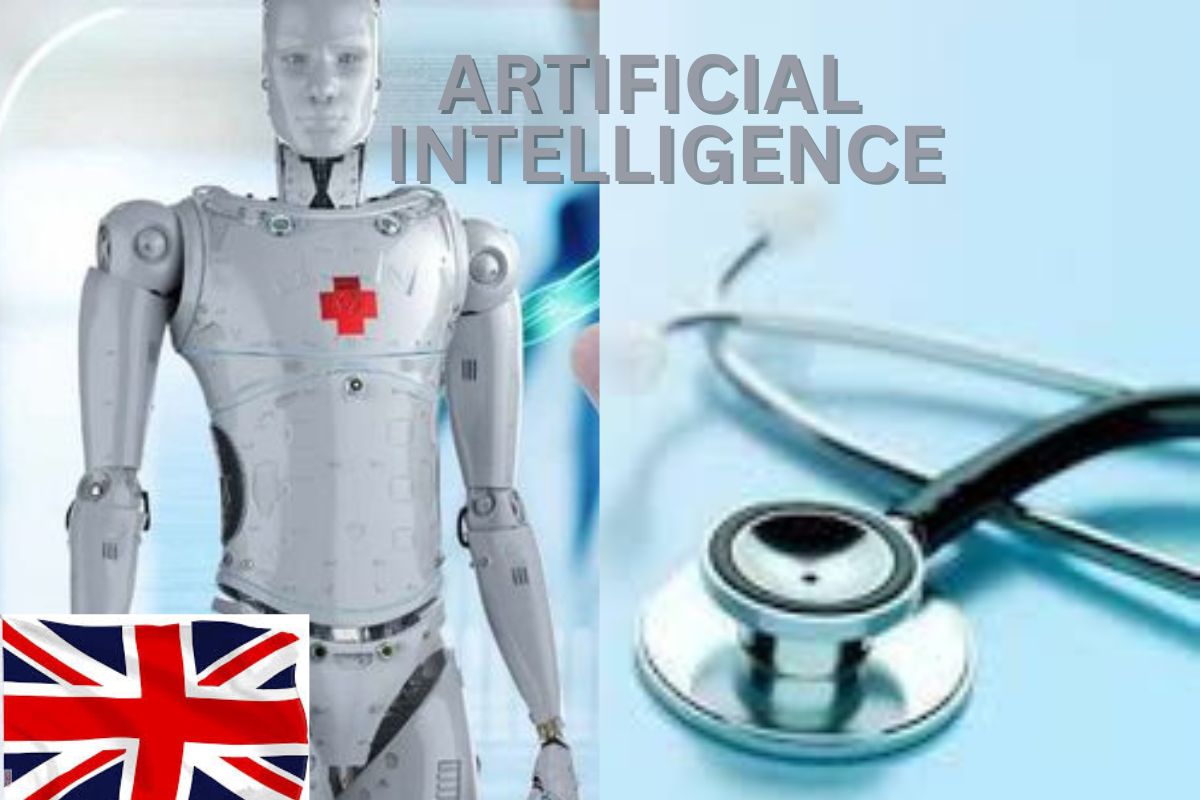According to recent study, artificial intelligence may be crucial in helping doctors diagnose heart failure patients early since it can spot abnormalities that are typically difficult to find.
Heart and circulation disorders account for one in three deaths worldwide each year. Scots researchers set out to investigate the “real-world benefits” that artificial intelligence may offer to vulnerable people.
Researchers at the University of Dundee’s School of Medicine examined a final cohort of 578 individuals to explore if AI may be helpful, made possible by patients who voluntarily provided their data to the Scottish Health Research Register and Biobank (SHARE).
The researchers employed artificial intelligence (AI) to analyze population-based electronic health data and echocardiography heart scans to detect individuals with heart failure. Their research has been published in the journal ESC Heart Failure.
After that, the photos were examined using AI deep learning to find any irregularities that would put a patient at danger.
Professor Chim Lang stated: “Our research represents an advancement in the utilisation of deep learning to automatically interpret echocardiographic images.
“This can allow us to streamline the identification of patients with heart failure at scale within electronic health record datasets.
“Echocardiography heart scans that were enhanced by the AI software helped to provide more measurements – or parameters – of heart structure and function that can be used to help diagnose heart failure.
“These measurements were not routinely reported by the usual heart scans from the electronic health records.
“When compared to reports generated by routine heart scans, those enhanced by AI were more detailed and could also be processed at a larger scale than conventional images.
“This has potential clinical and research implications as it could enhance the efficiency and speed of patient selection for pragmatic clinical trials, as well as improving heart failure surveillance and early diagnosis across hospital systems.”
According to experts, heart failure—a disease in which the heart is unable to adequately pump blood throughout the body—is a very common yet underdiagnosed illness.
While lifestyle modifications, surgery, and medication can help reduce symptoms to some extent, this is often a serious, long-term illness that worsens with time.
The British Heart Foundation (BHF) released a study in January that predicted 20.5 million deaths globally in 2021 were related to heart and circulation disorders, or one death every 1.5 seconds.
In those days, the BHF’s associate medical director, Dr. Sonya Babu-Narayan, declared that the NHS was facing the “worst heart care crisis in living memory” and that the number of people dying young from heart and circulatory diseases had reached an all-time high in over ten years.
According to Prof. Lang, the most recent study is “an example of how AI has the potential to provide patients real-world benefits.”
“By assessing vast amounts of patient records, we have been able to detect structural and functional anomalies that we would not have been able to do with traditional analysis of echocardiographic images. he stated.
“While this is a test case, I’m very excited that we have been able to apply deep learning to a biobank resource on a large scale.
“Hopefully this paves the way for other researchers to utilize this technology to benefit patients around the world.”







